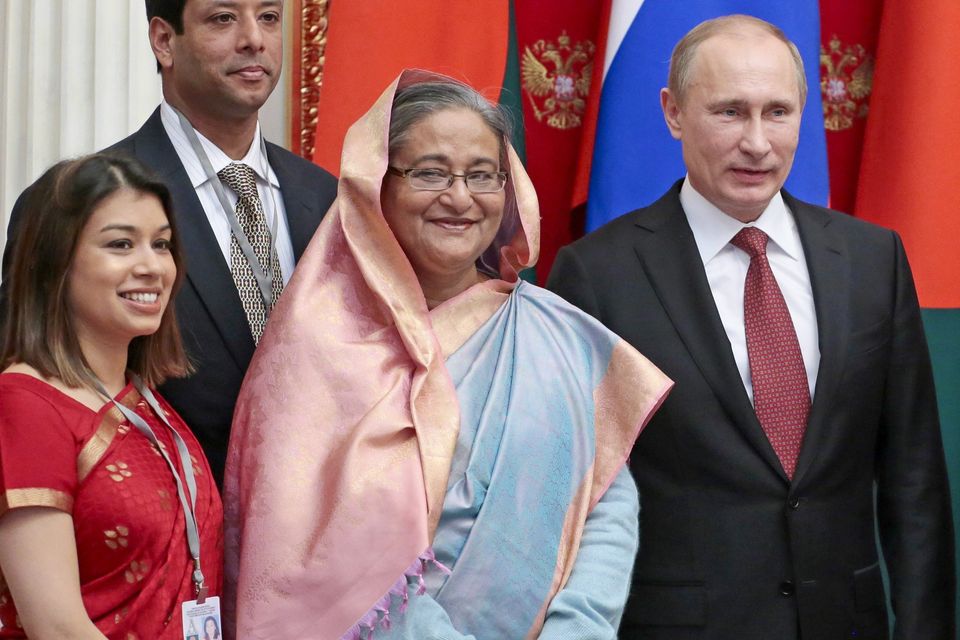Bangladesh’s supreme court has acquitted former prime minister Khaleda Zia in the last corruption case against her.
The move paves the way for her to run in elections that an interim government says will be held either in December or in the first half of 2026.
Ms Zia is ailing and travelled to London earlier this month for medical treatment after being cleared in another corruption case brought under former prime minister Sheikh Hasina, who was ousted last August in a mass uprising that ended her 15-year rule.
Hasina and Ms Zia are arch rivals who have dominated Bangladesh’s politics for decades, and Hasina’s removal has created an opportunity for Ms Zia to make a comeback.
On Wednesday, a five-member appellate division of the supreme court overturned a 10-year jail sentence handed down by the High Court in 2018 on charges of embezzling some 250,000 dollars (around £205,000) in donations meant for an orphanage trust established when Ms Zia became prime minister in 1991.
Sheikh Hasina, her niece Tulip Siddiq, and Russian President Vladimir Putin, pictured in 2013 (AP)
The High Court had also sentenced Ms Zia’s son, Tarique Rahman, and four others to 10 years in prison for involvement in the case. Mr Rahman is the heir apparent in Ms Zia’s party under Bangladesh’s dynastic political system.
Wednesday’s verdict by the supreme court also cleared Mr Rahman and the others.
Ms Zia’s lawyers said the verdict means she will be able to contest in next election. Under Bangladesh law, anyone imprisoned for more than two years cannot run for political office for the next five years.
She had faced a total of 17 years in prison — 10 years in this case and seven years in the other corruption case. She was acquitted in the other case after Hasina was ousted from office in August.
Defence lawyers and Ms Zia’s Bangladesh Nationalist Party denied any wrongdoing involving the trust fund and said the charges were politically motivated.
Ms Zia is the wife of late president Ziaur Rahman and Hasina is the daughter of independence leader Sheikh Mujibur Rahman.
Hasina fled into exile in neighbouring India following her removal amid violence that left hundreds of people dead in July and August.
She faces charges of mass killing under the interim government led by Nobel Peace Prize laureate Muhammad Yunus.
A special tribunal has sought help from international police organisation Interpol for Hasina’s arrest and requested her extradition from India.
